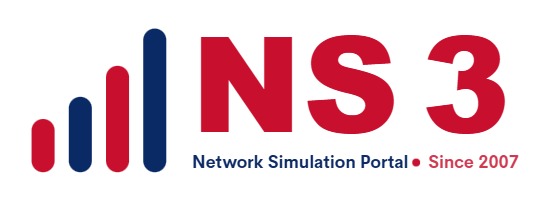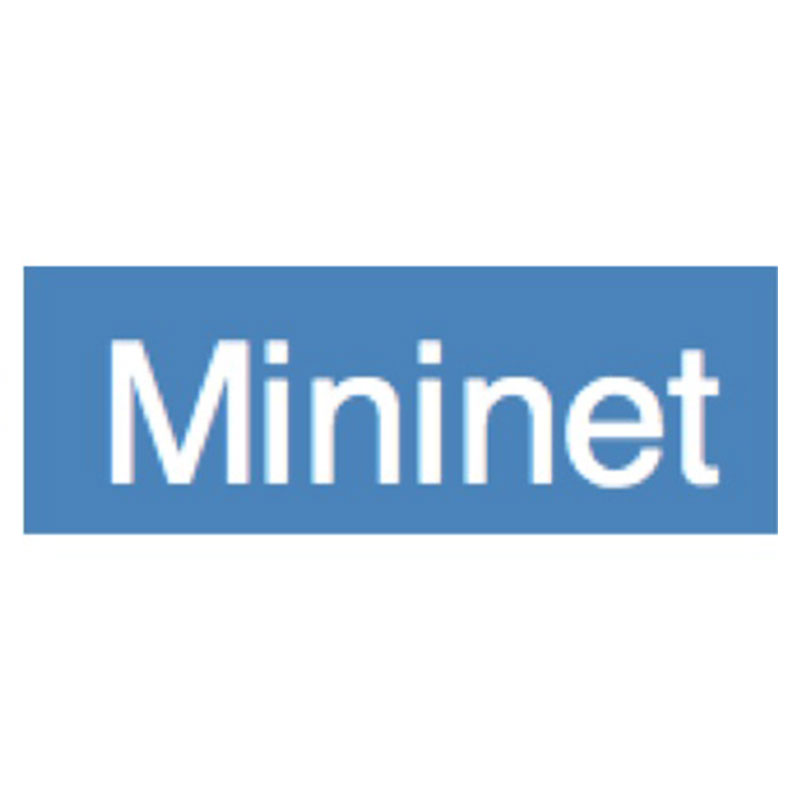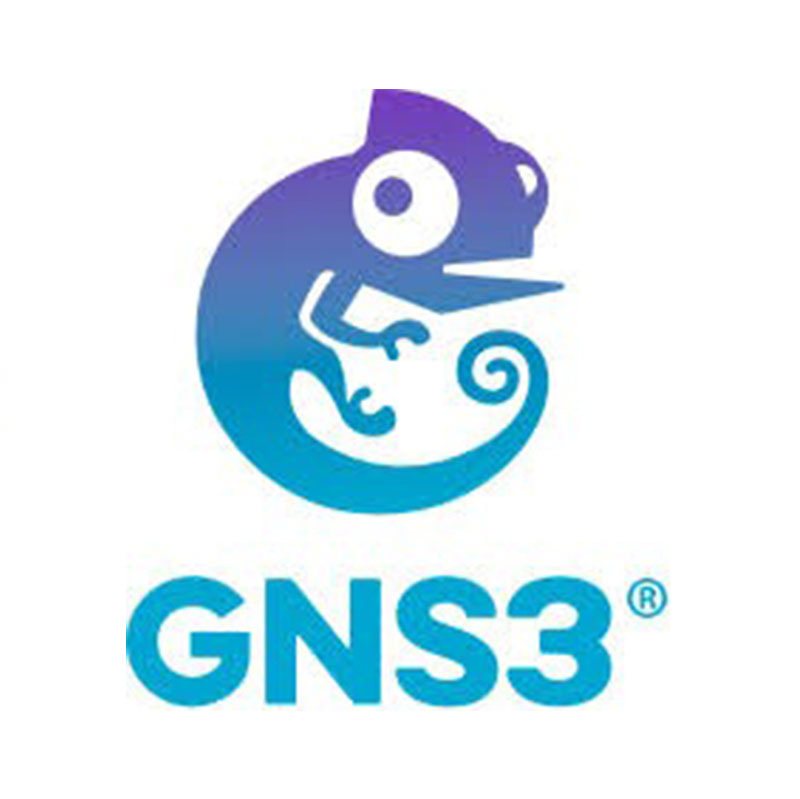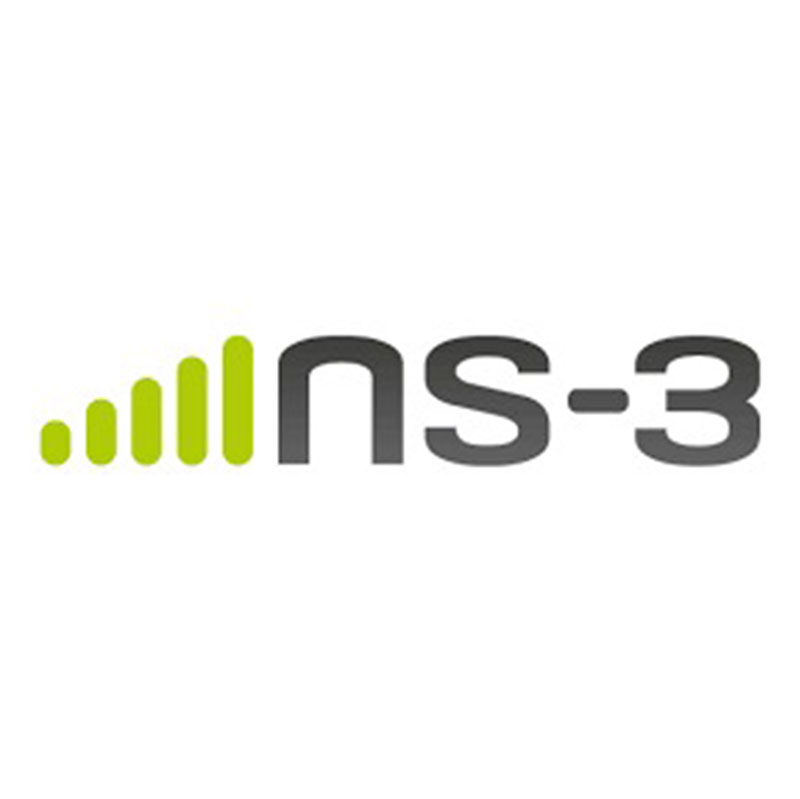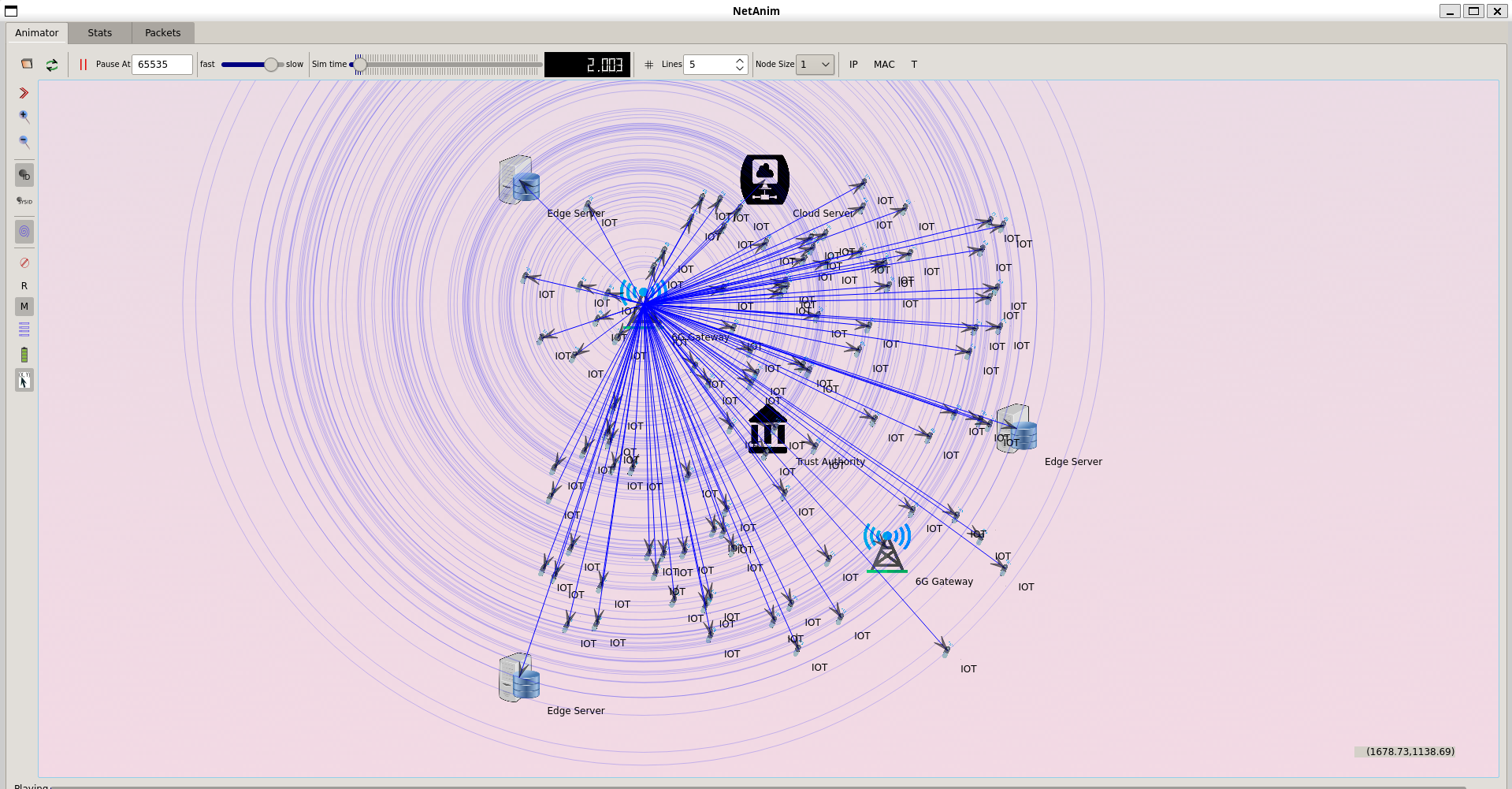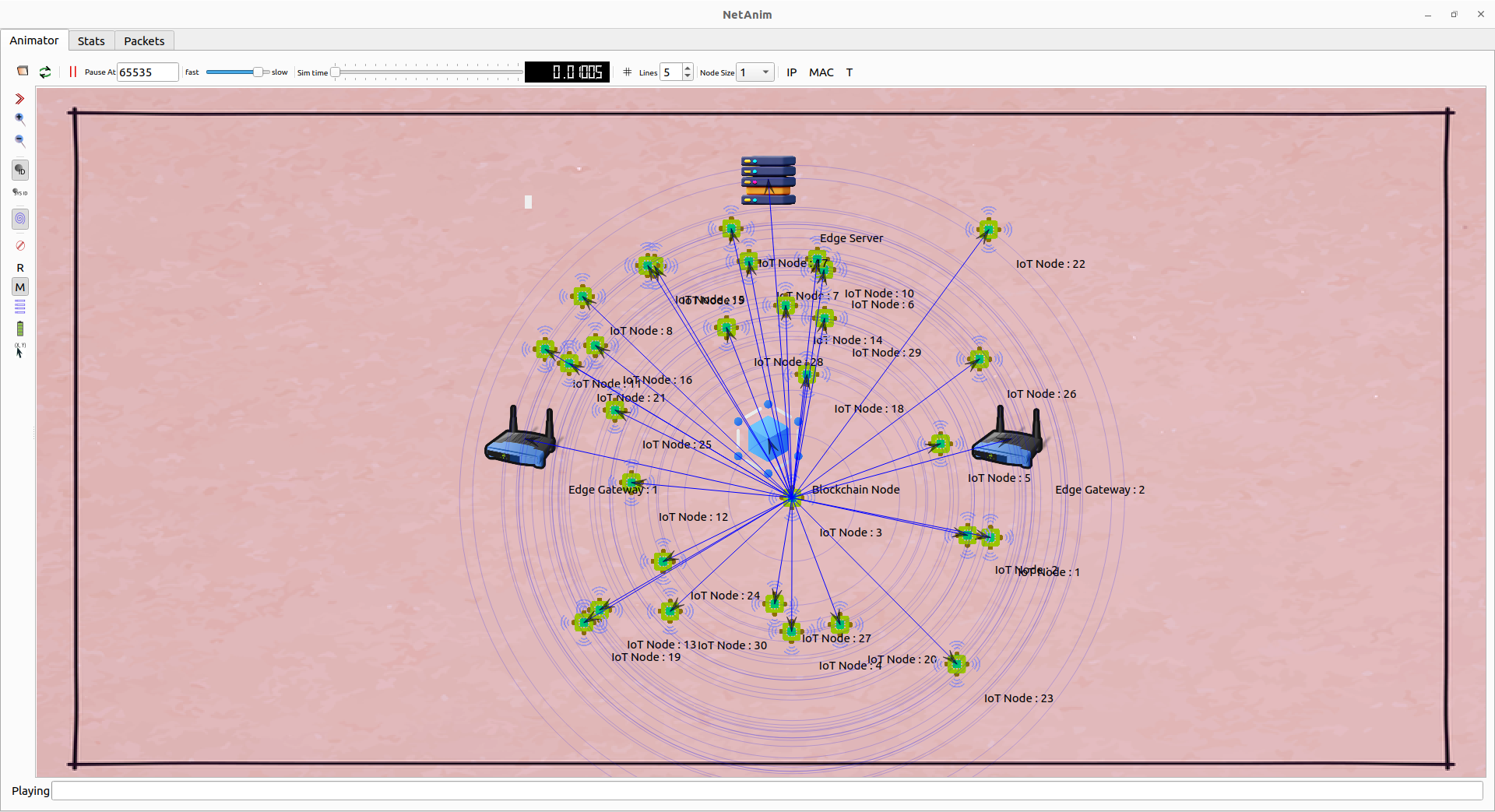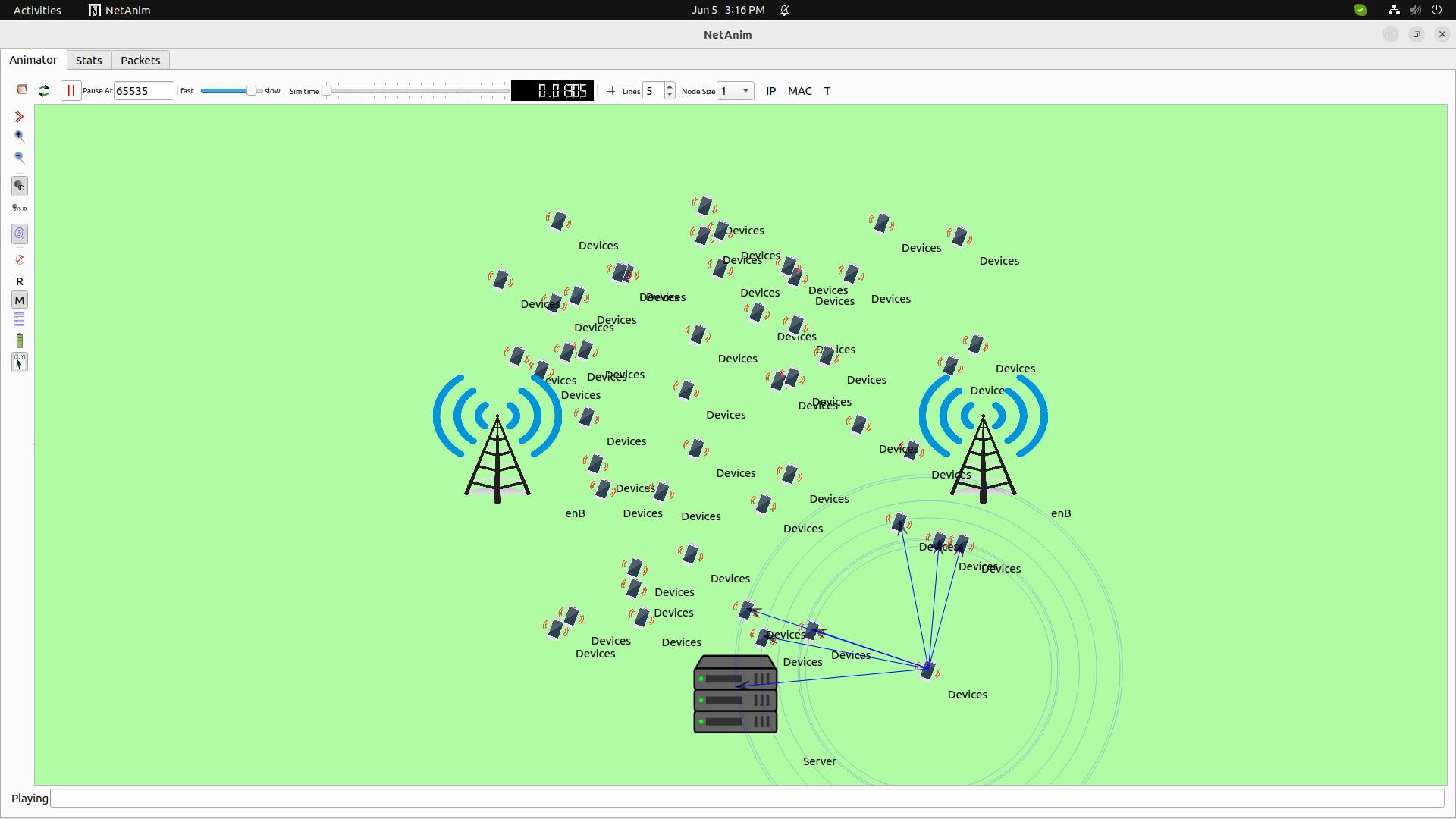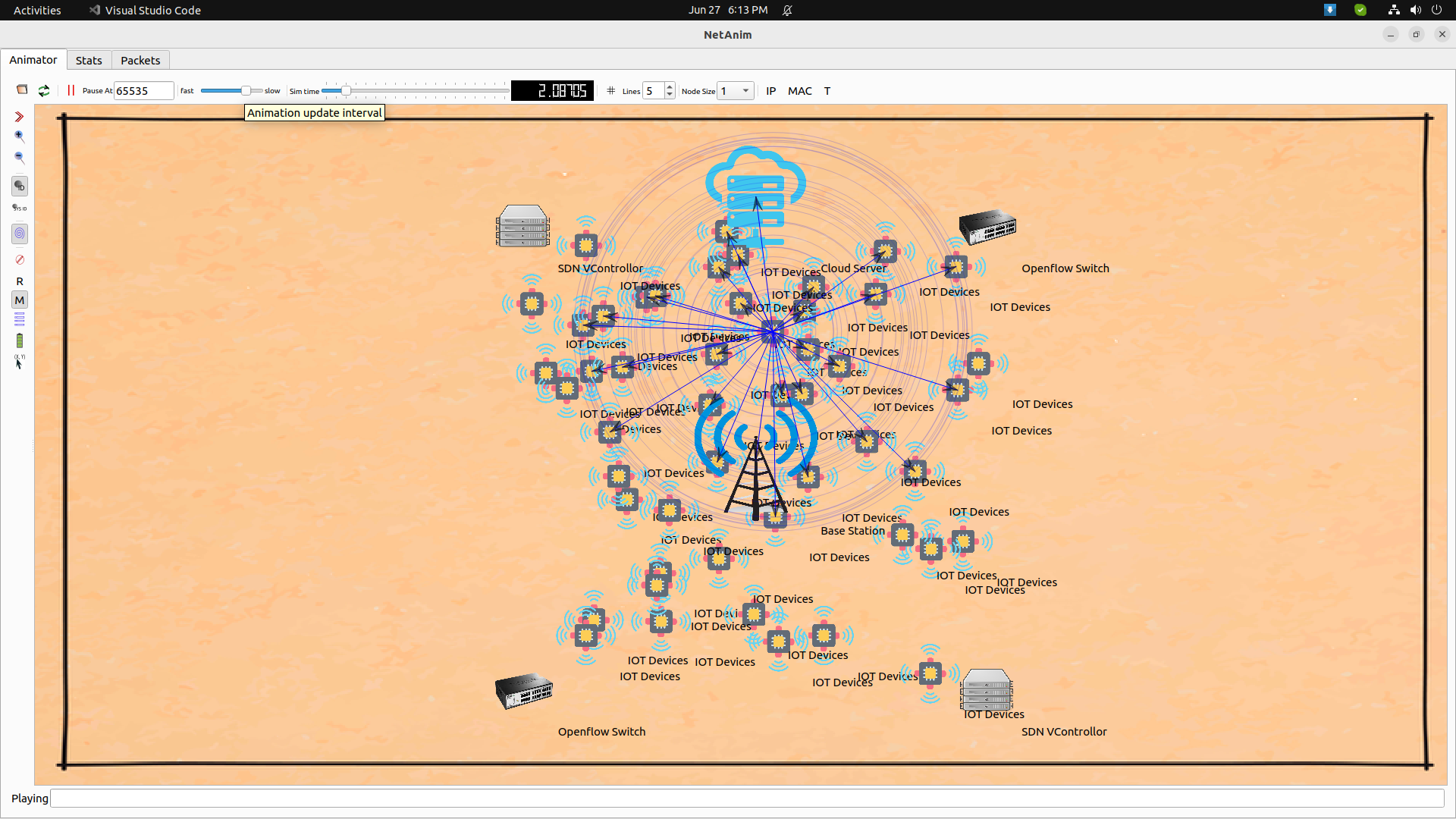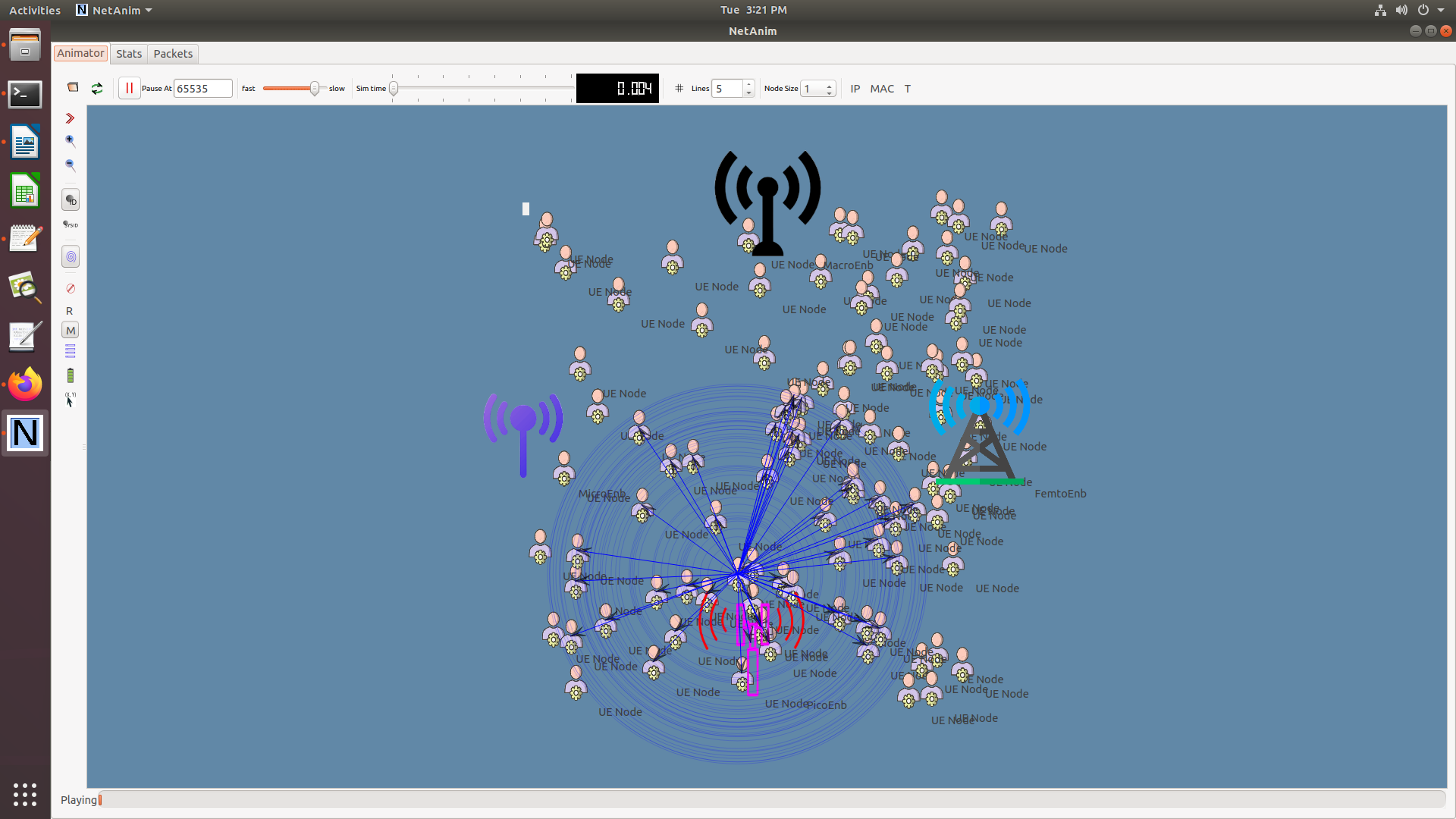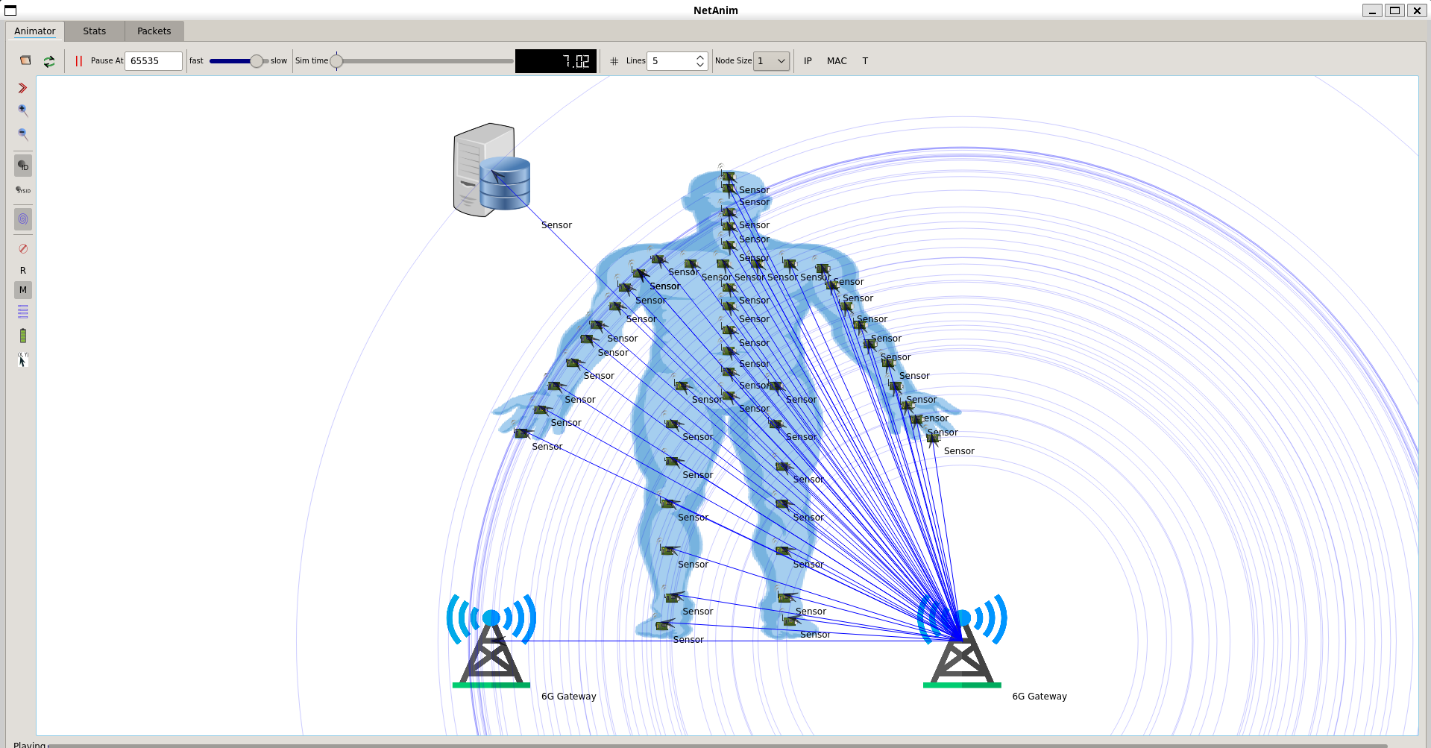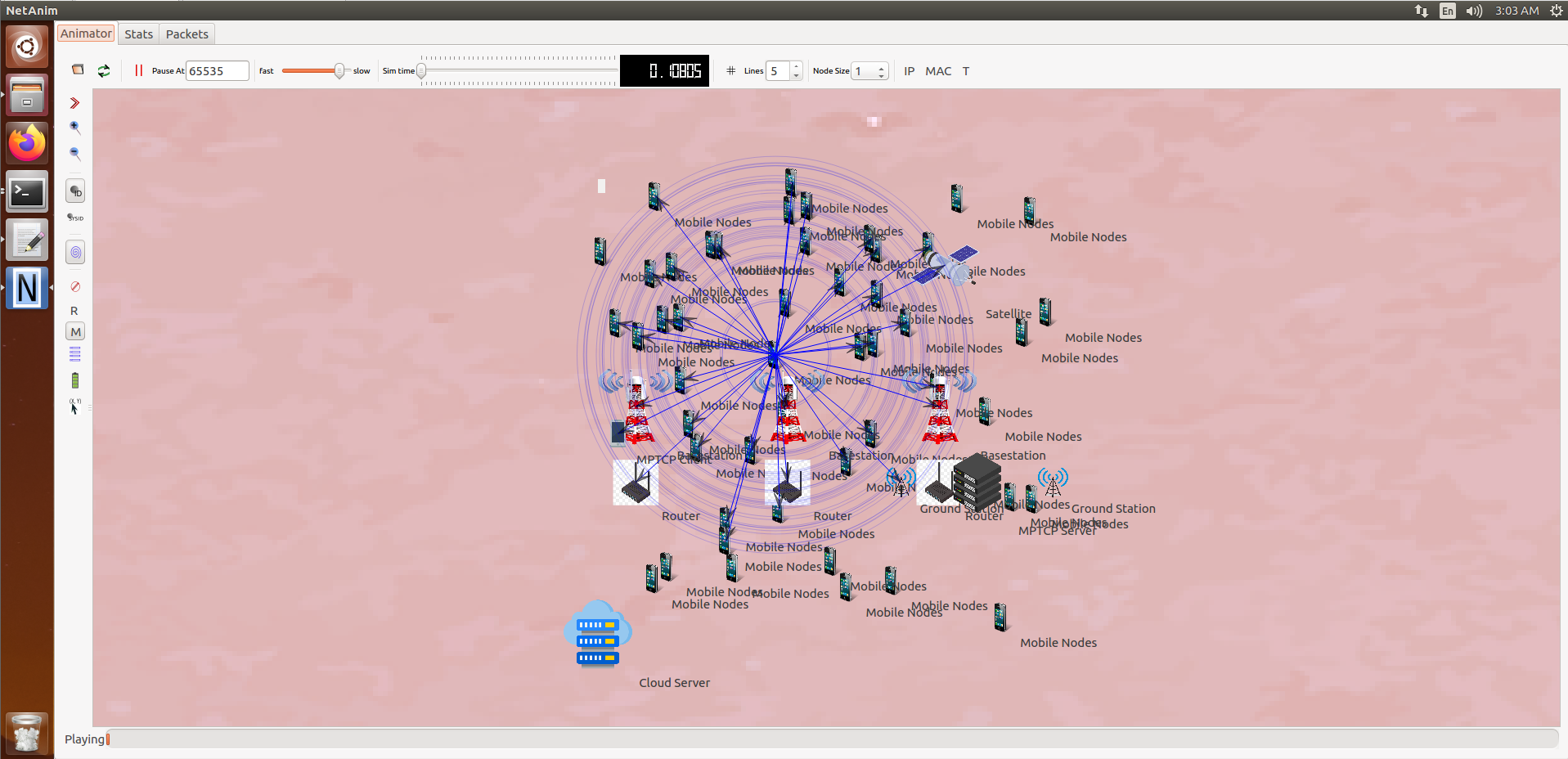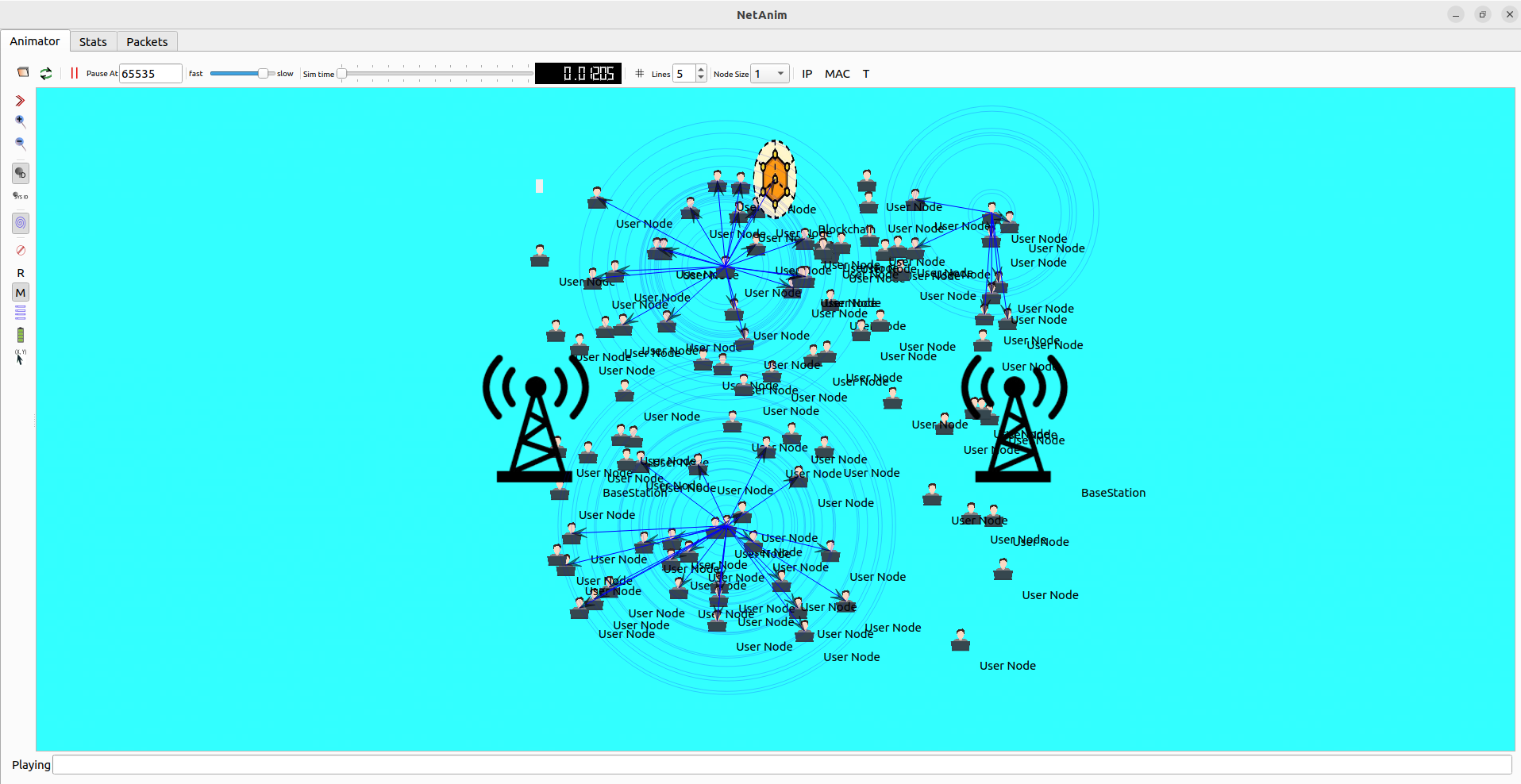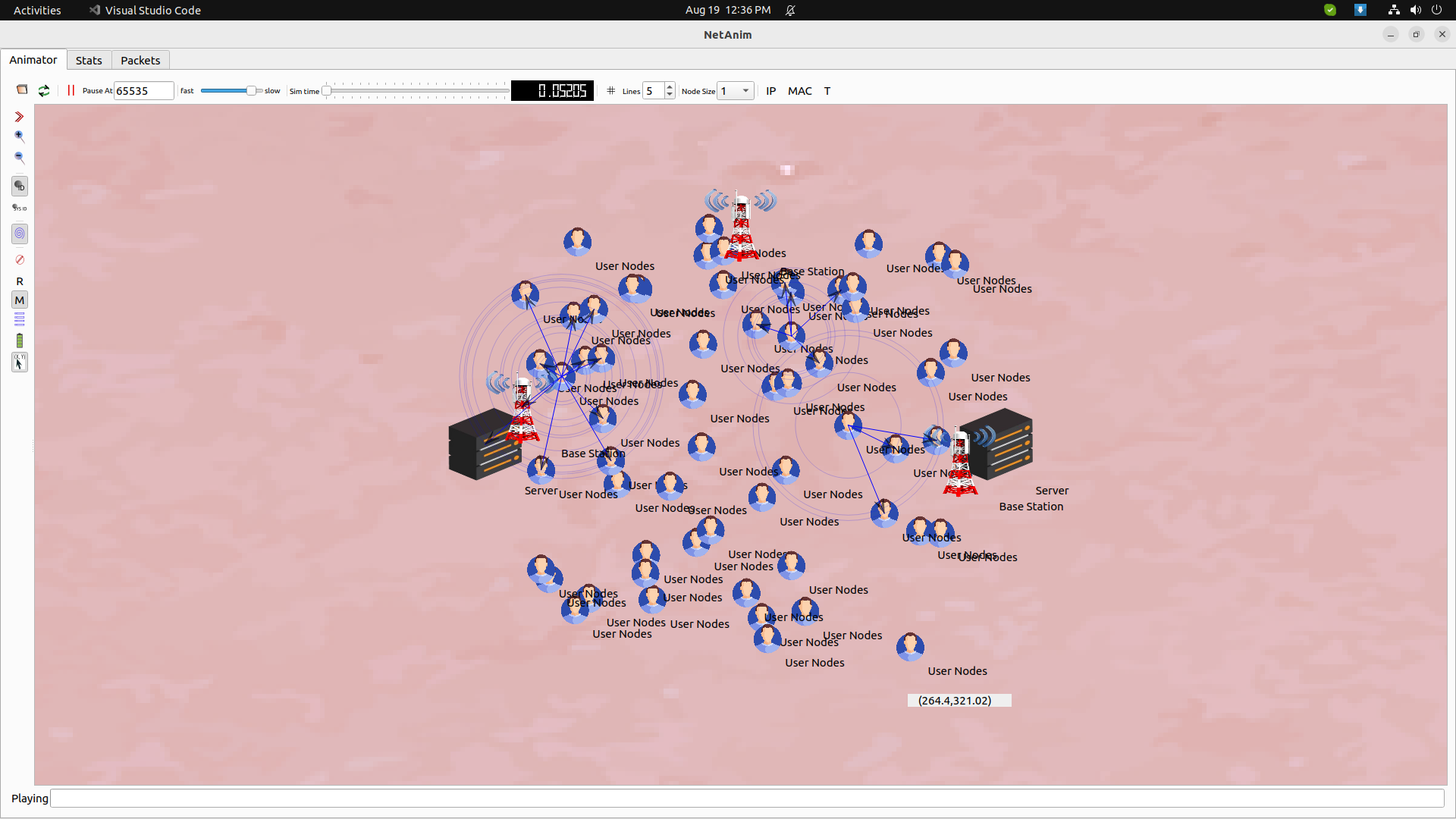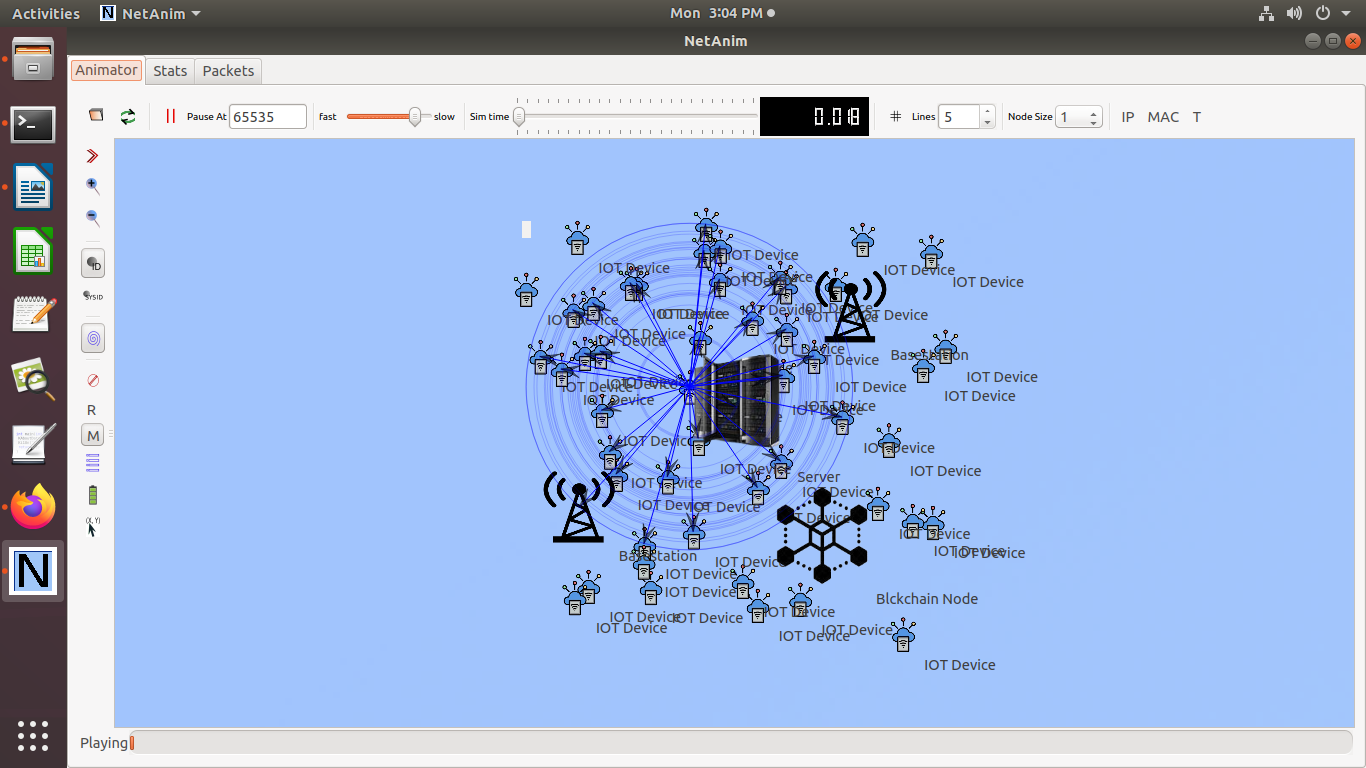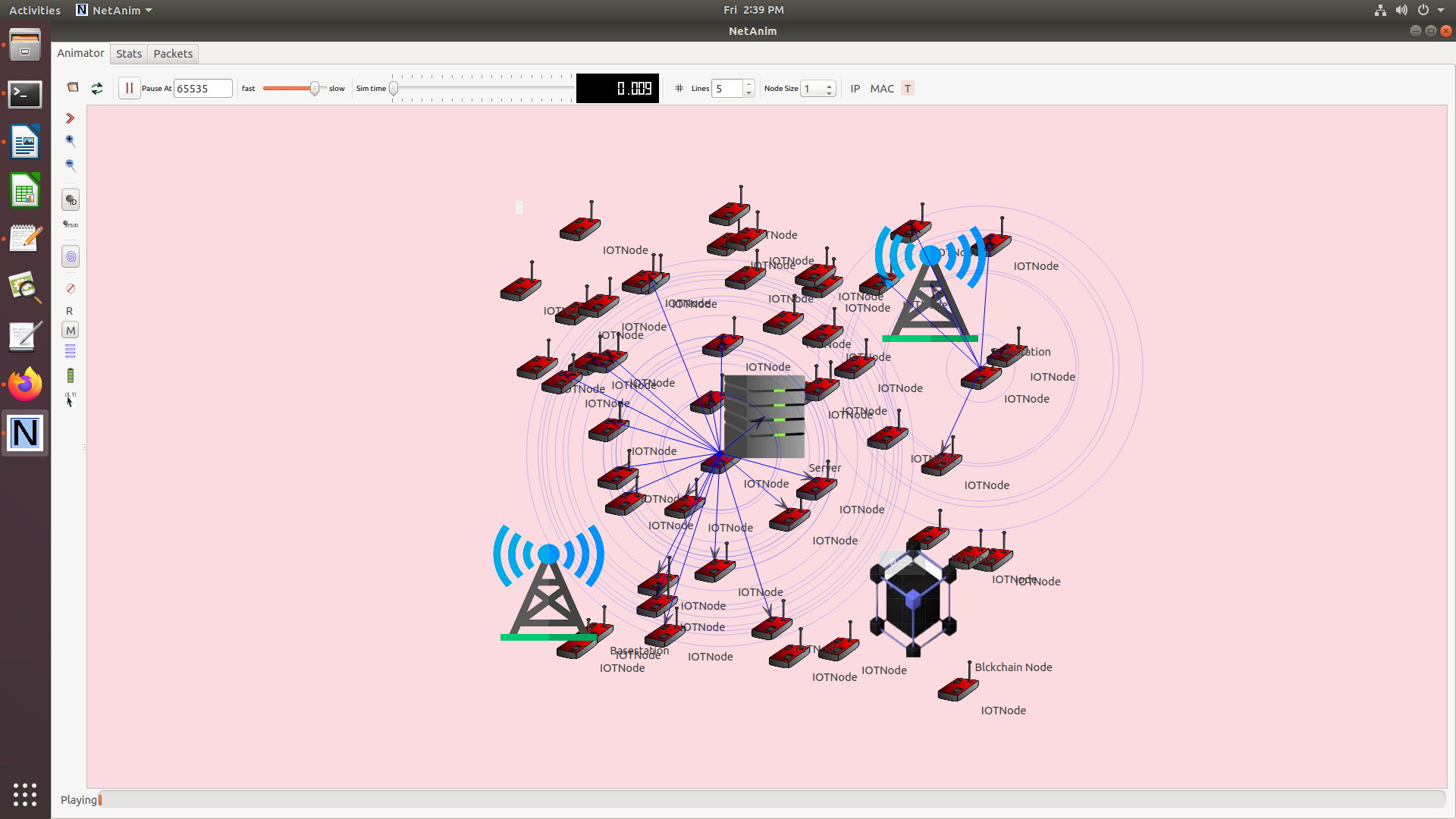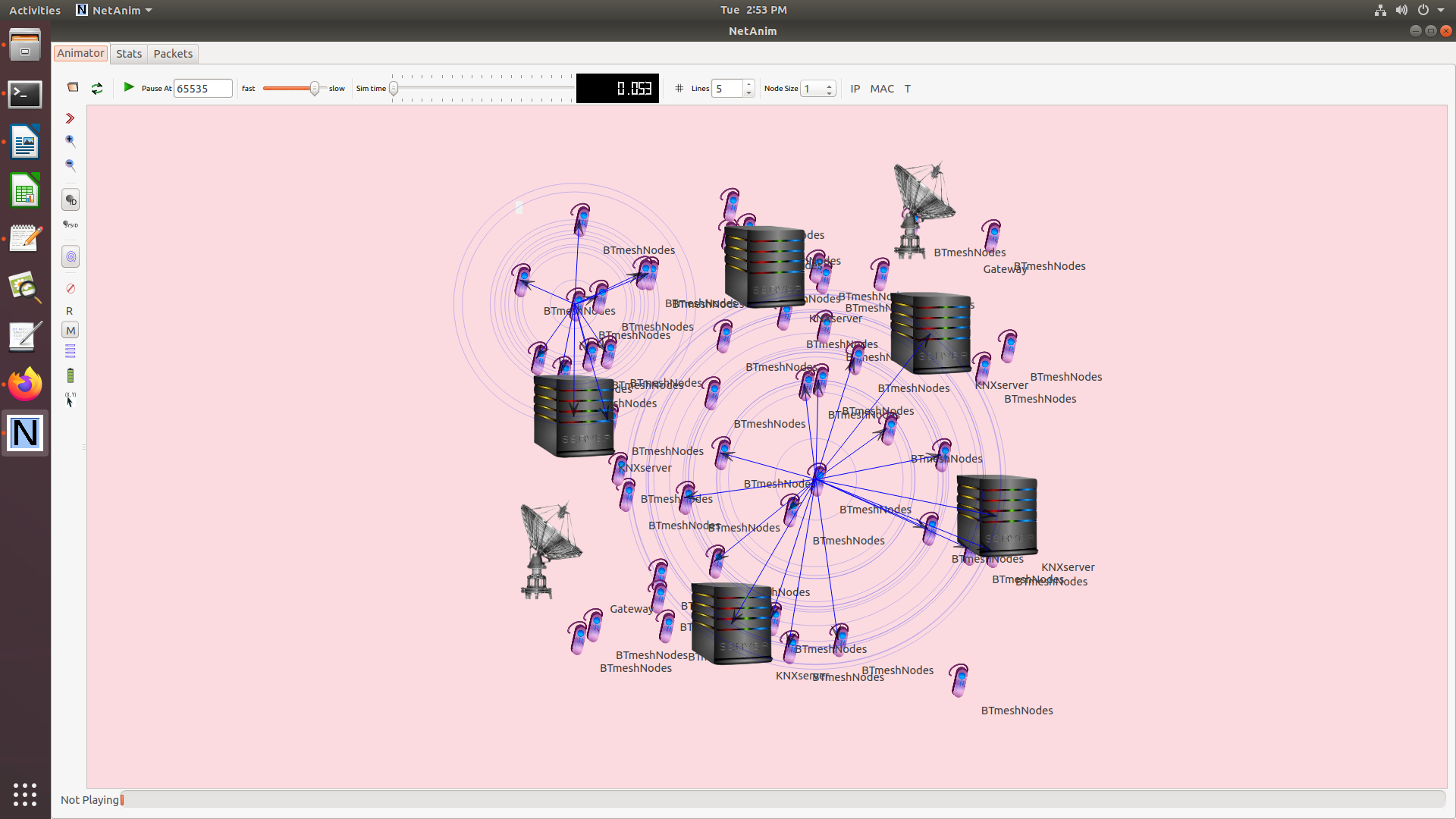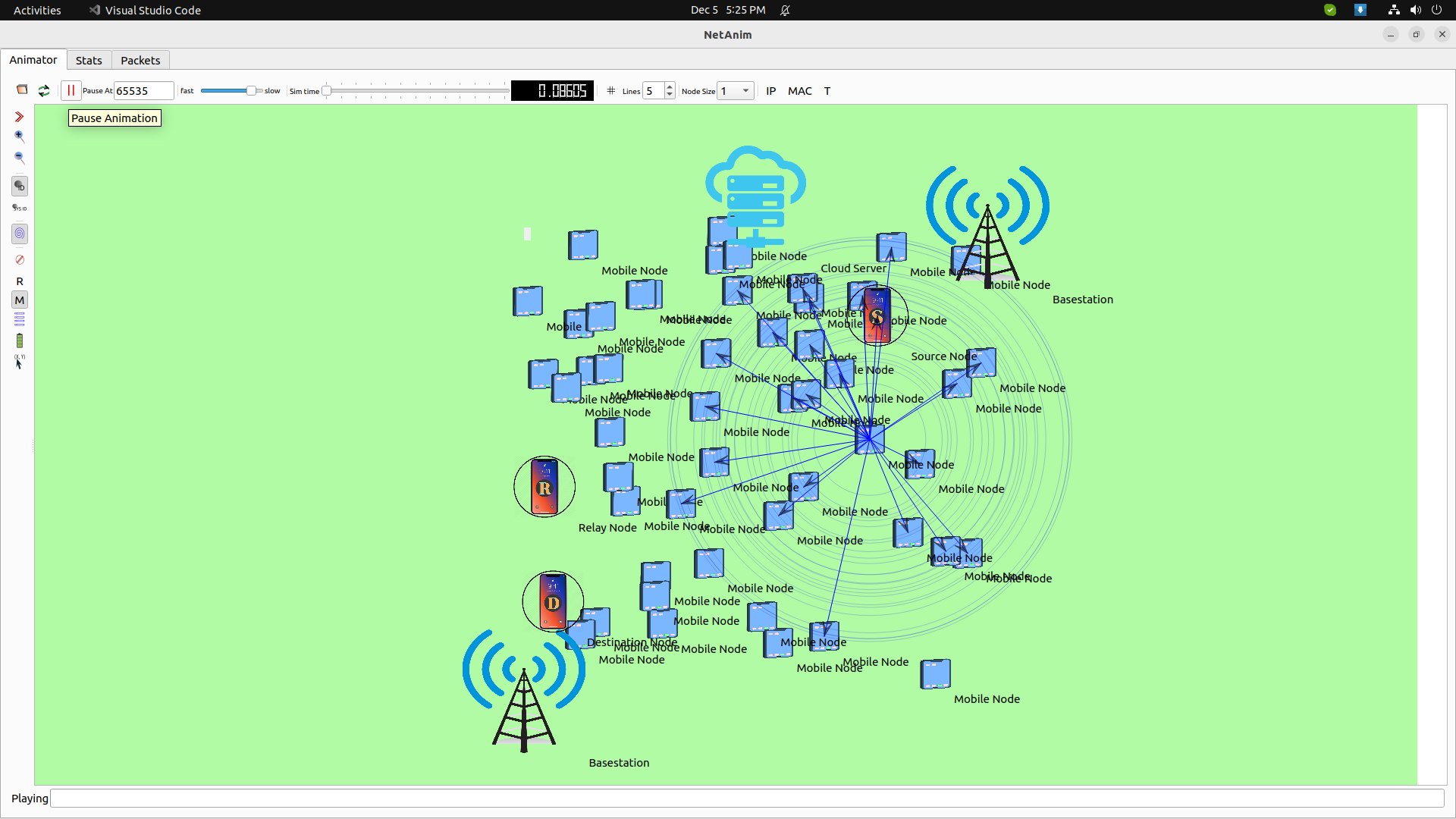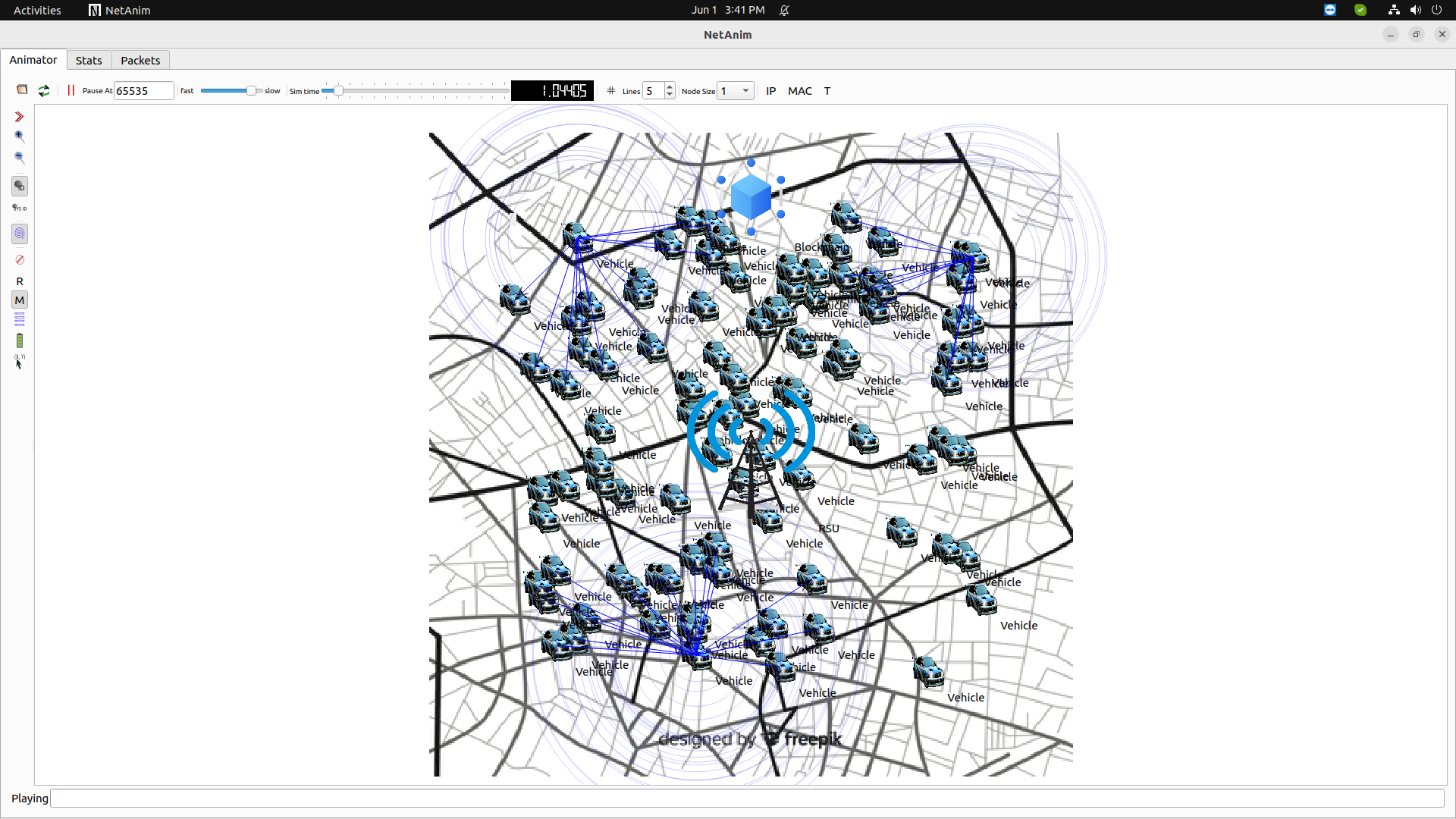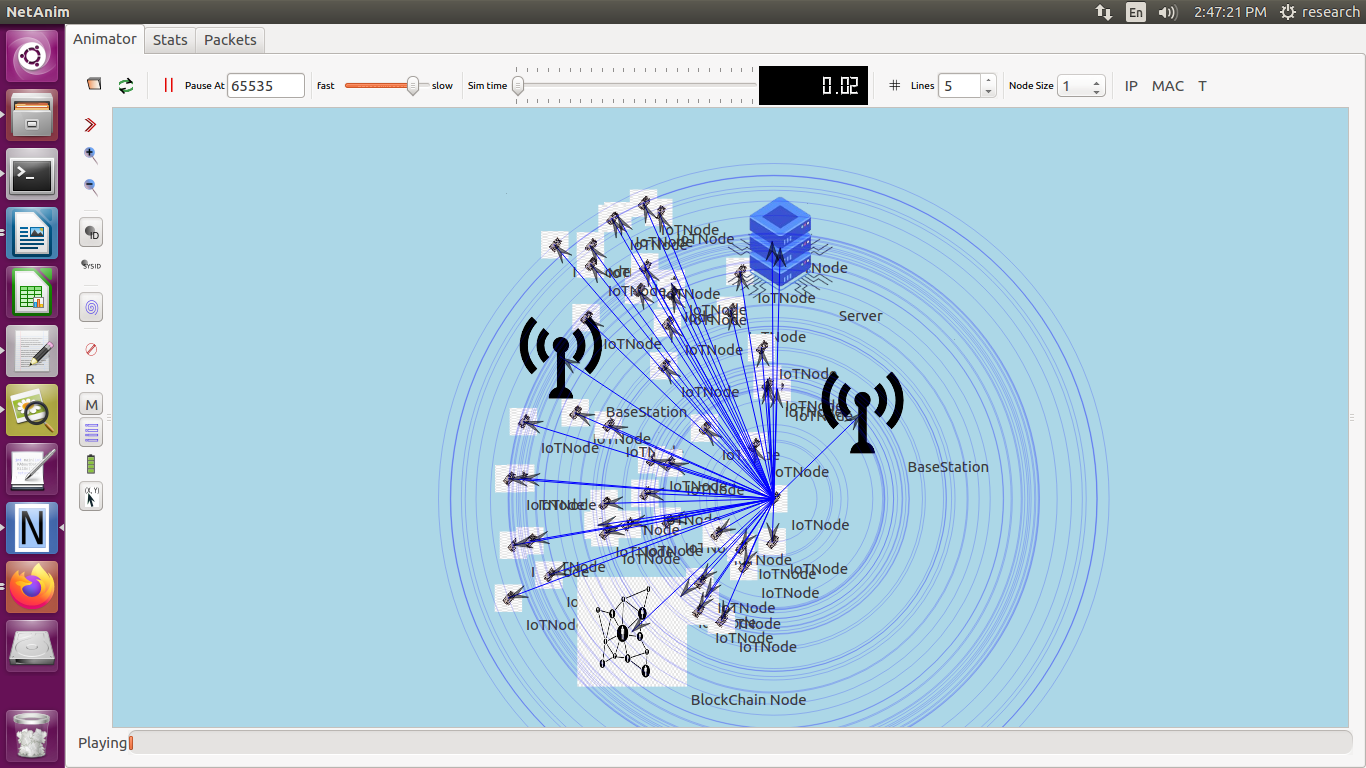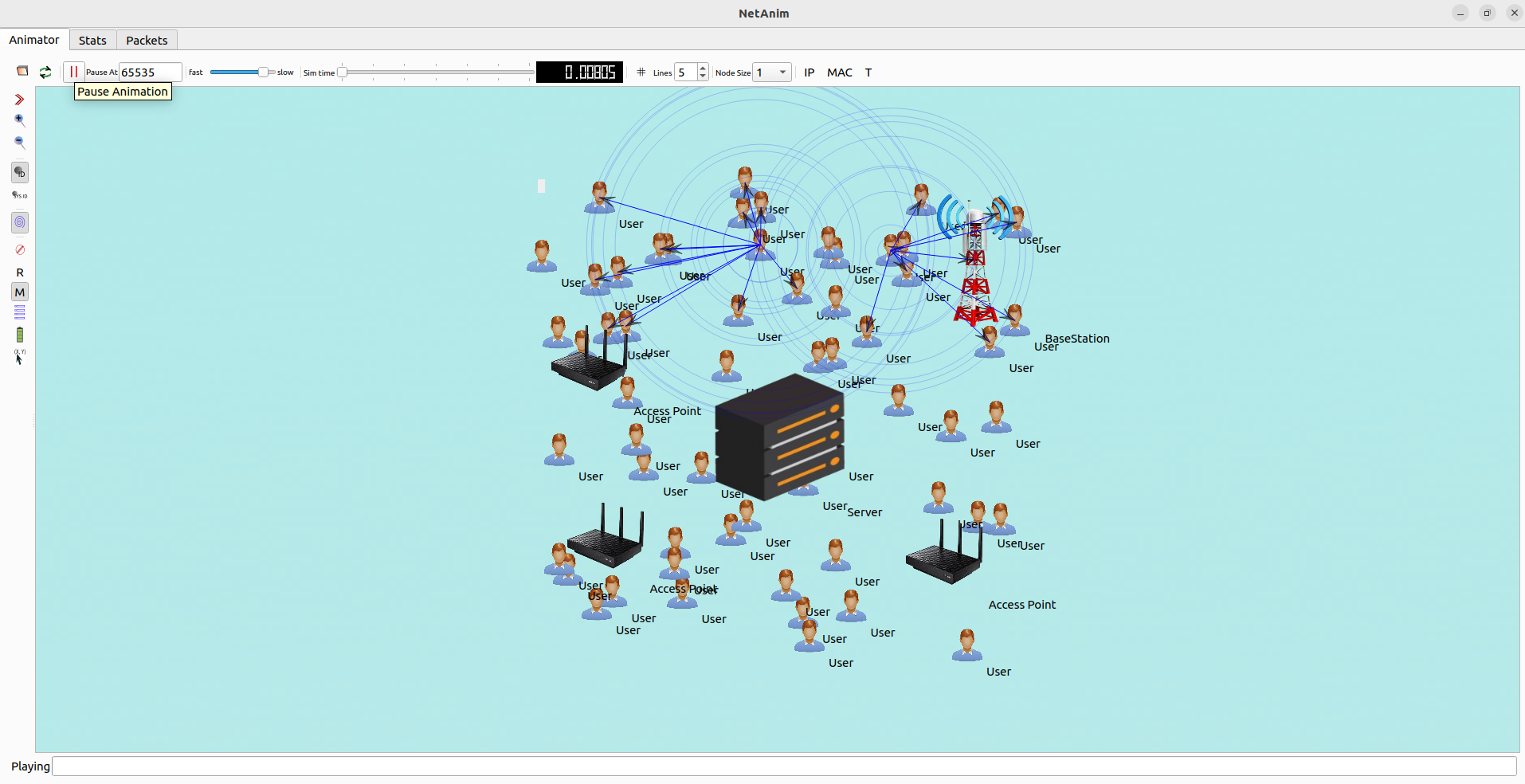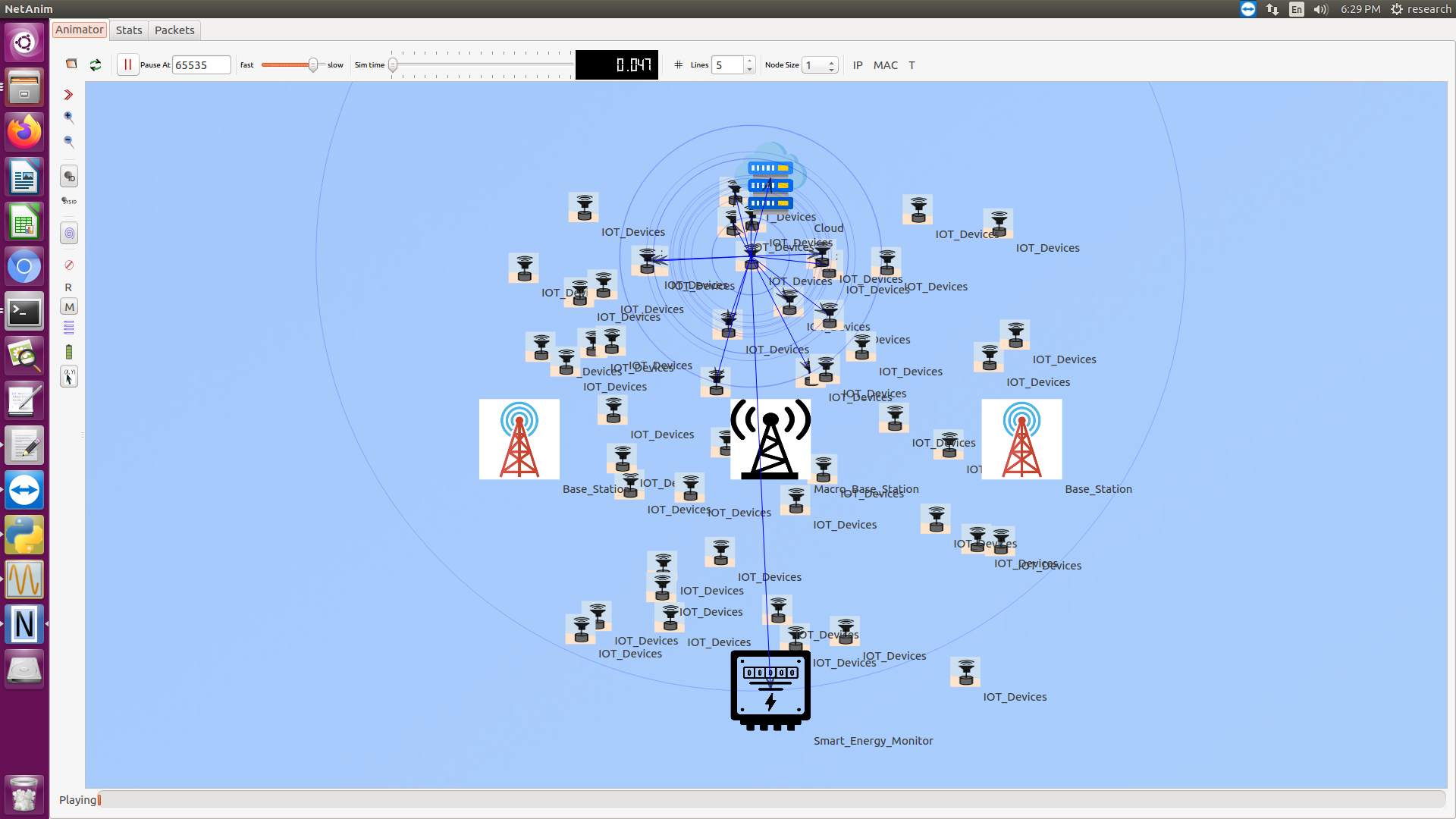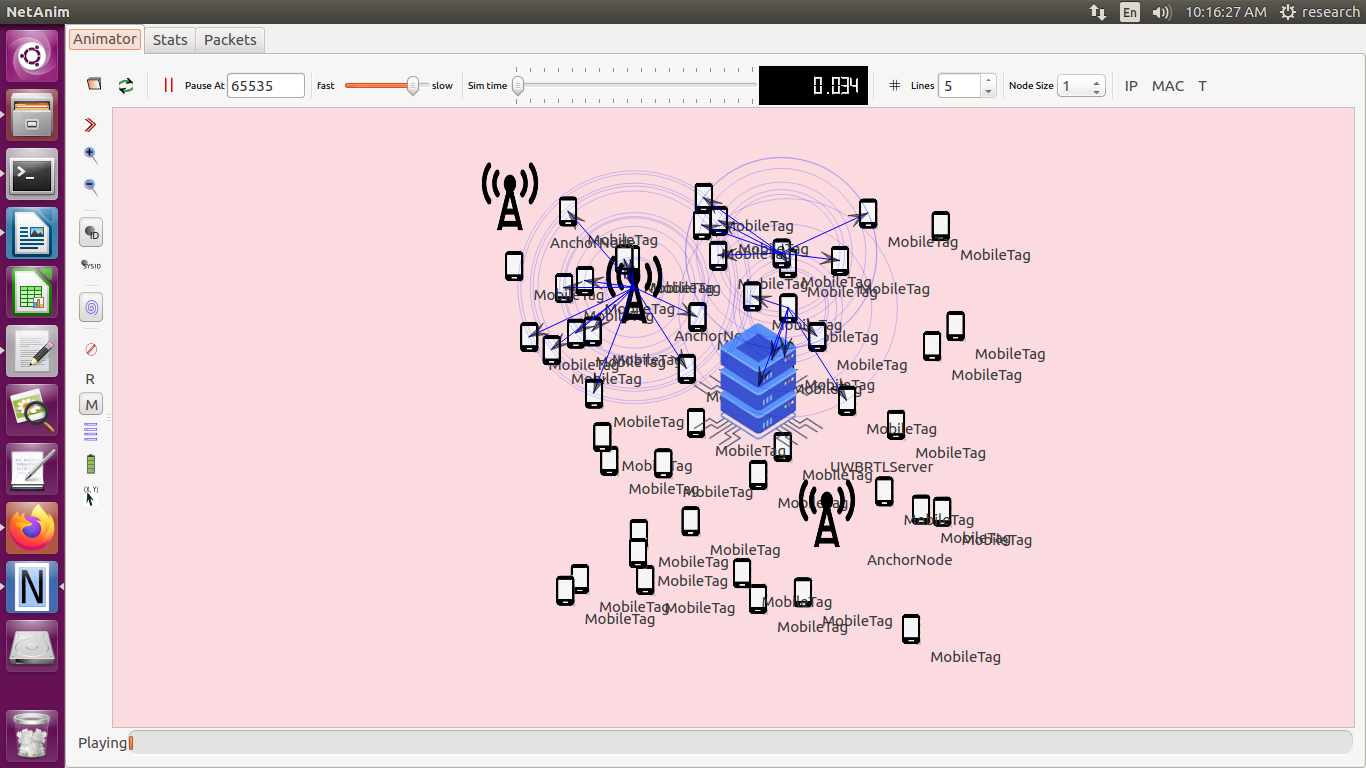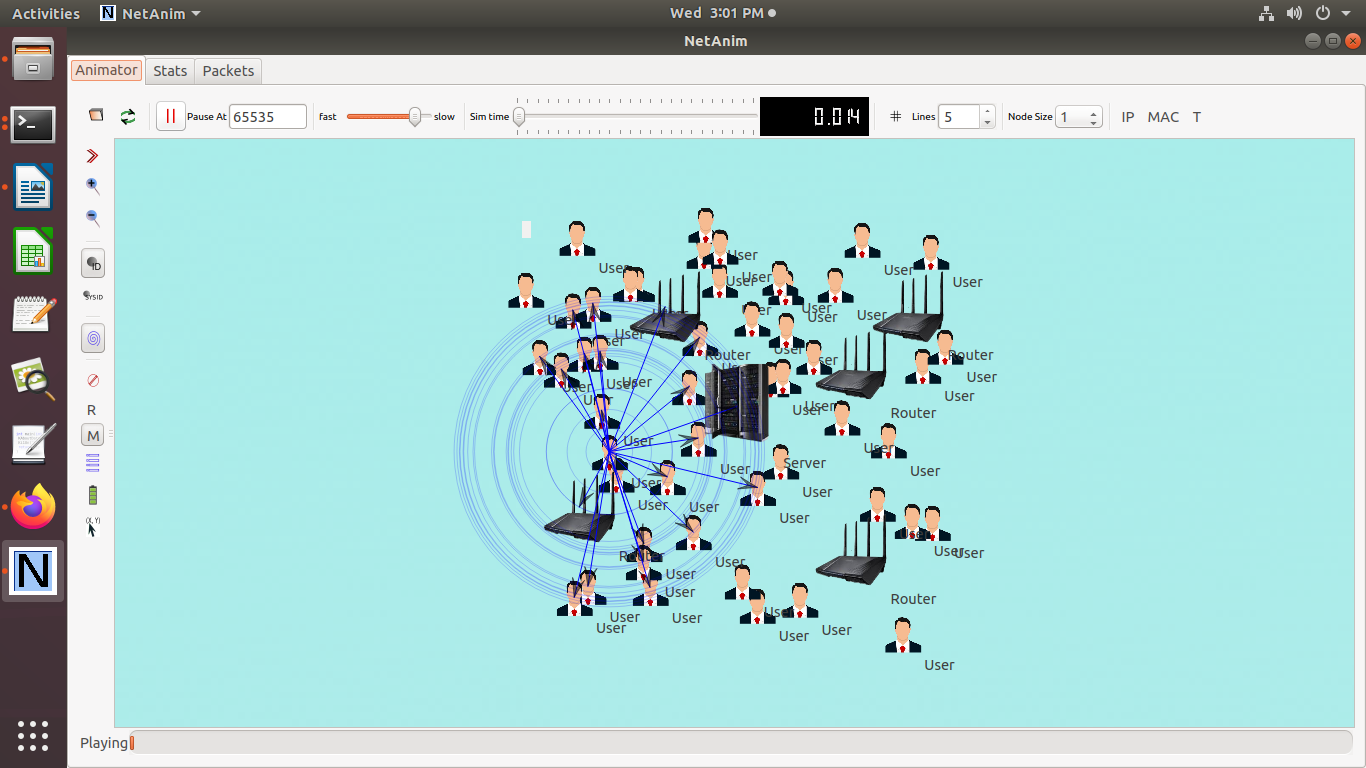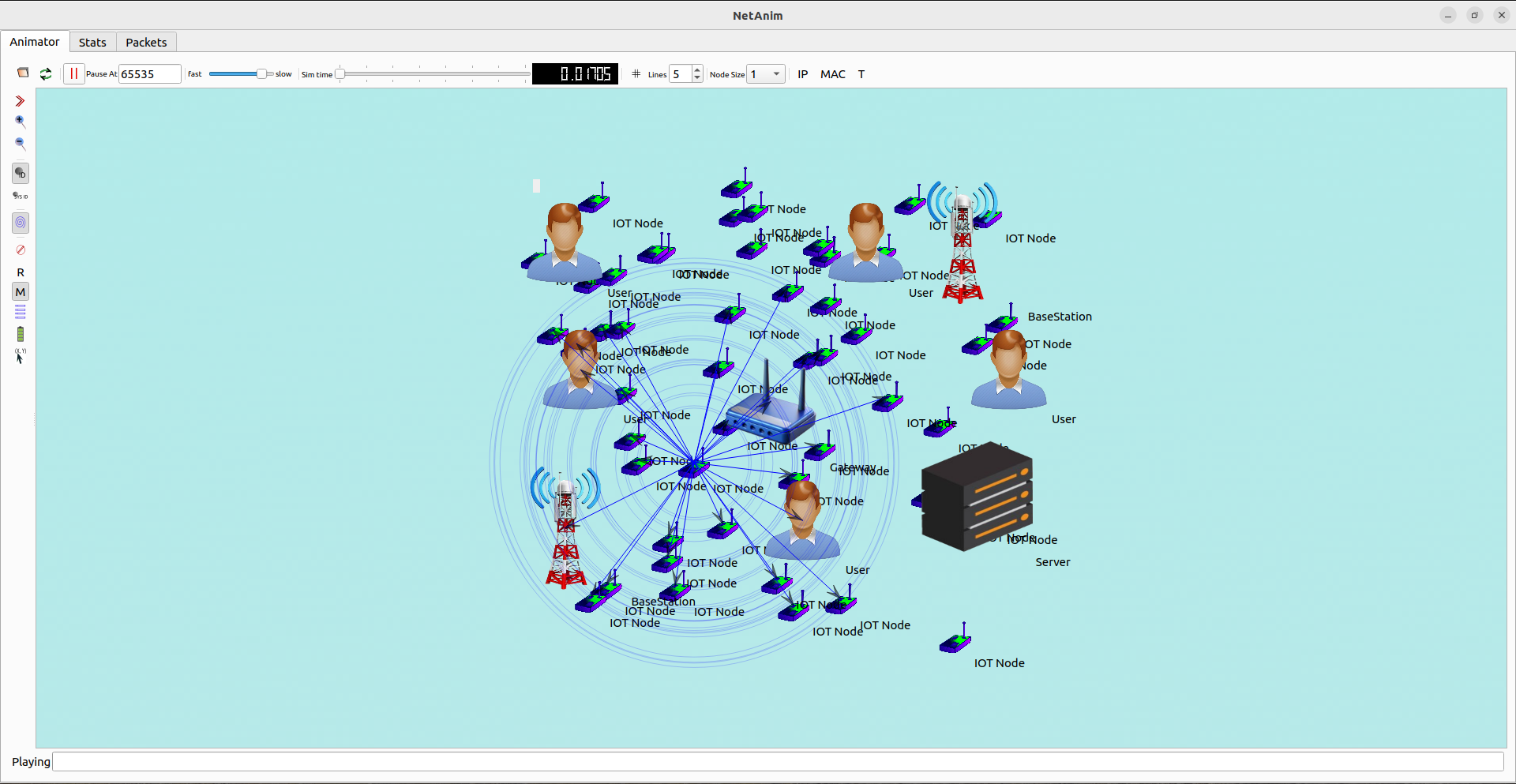On this page, we present a selection of Delay Tolerant Network (DTN) projects, utilizing the NS3 platform, making it an invaluable resource for research. If you require assistance with your Delay Tolerant Network research, please contact ns3simulation.com. We provide networking comparative analysis and thesis services for your projects; kindly provide us with the necessary parameter details.
Below are some Delay Tolerant Networks (DTNs) project examples using ns3.
- Performance Analysis of DTN Routing Protocols:
- Our programmers will Implement various DTN routing protocols like Epidemic, Spray and Wait, and Prophet in ns3.
- Here we simulate various network scenarios with varying node densities and mobility patterns.
- In terms of delivery ratio, latency, and overhead, we will evaluate the performance of these protocols.
- Energy-Efficient Routing in DTNs:
- For DTNs, develop an energy-efficient routing protocol in ns3.
- To evaluate the energy consumption, simulate scenarios with battery-powered nodes.
- Examine the trade-offs between energy efficiency, delivery ratio, and latency.
- Data Muling in Rural Networks:
- Simulate a DTN scenario where mobile nodes (data mules) collect and deliver data between isolated rural areas and central data hubs.
- Implement routing algorithms enhanced for sparse and intermittent connectivity.
- In terms of data delivery latency and reliability, our programmers will assess the system’s performance.
- Security Mechanisms for DTNs:
- To protect data integrity and confidentiality in DTNs, implement security protocols.
- Simulate scenarios with potential security threats like data tampering and eavesdropping.
- On network performance, we must examine the effectiveness of these security mechanisms and their impact.
- DTN-Based Disaster Recovery Communication:
- Simulate a disaster recovery scenario where traditional communication infrastructure is unavailable.
- To enable communication, implement DTN protocols between rescue teams and affected areas.
- In terms of data delivery reliability and latency, we will analyze the performance under various disaster scenarios.
- Social-Based Routing in DTNs:
- Develop a social-based routing protocol which leverages social relationships and interactions among nodes.
- To evaluate the protocol’s performance, simulate scenarios with human mobility patterns.
- On delivery ratio, latency, and overhead, we will analyse the impact.
- Content Distribution in DTNs:
- For DTNs, our experts will implement a content distribution system in ns3.
- Simulate scenarios where nodes exchange multimedia content such as videos and images.
- In terms of content delivery latency, bandwidth usage, and user satisfaction, analyze the performance of the system.
- DTN for Vehicular Networks (VANETs):
- Using DTN protocols, simulate a vehicular ad-hoc network (VANET) with intermittent connectivity.
- Implement routing protocols enhanced for high-mobility vehicular environments.
- In terms of delivery ratio, latency, and overhead, our team will evaluate the performance.
- Resource Allocation in DTNs:
- Develop algorithms for efficient resource allocation in DTNs, that includes buffer management and bandwidth allocation.
- Simulate scenarios with different network loads and resource availability.
- On network performance and resource utilization, we must examine the impact.
- Hybrid DTN and Real-Time Network Integration:
- Implement a hybrid network which integrates DTN capabilities with real-time network protocols.
- Simulate scenarios where nodes switch between real-time and delay-tolerant communication modes.
- In terms of delivery ratio, latency, and network overhead, our team will analyse the performance.
- DTN for Environmental Monitoring:
- Simulate a DTN-based environmental monitoring network with sensors deployed in remote areas.
- Implement routing protocols enhanced for long delays and intermittent connectivity.
- In terms of data collection latency, reliability, and energy consumption, analyze the performance of the system.
- DTN for Space Communication:
- Simulate a DTN scenario for space communication, like interplanetary networks.
- Here we carry out Implementation of protocols enhanced for tremendously long delays and high latency.
- In terms of data delivery reliability, latency, and resource usage, examine the performance.
- DTN for Healthcare in Remote Areas:
- For remote areas, implement a DTN-based healthcare communication system with limited connectivity.
- Our programmers will simulate scenarios where medical data is collected and transmitted between remote clinics and central hospitals.
- In terms of data delivery reliability and latency, we analyze the performance of the system.
- DTN-Based Mobile Social Networks:
- Our experts will develop and simulate a DTN-based mobile social network where users exchange data on the basis of social interactions.
- Here we will implement routing protocols which leverage social ties and mobility patterns.
- In terms of data delivery ratio, latency, and user satisfaction, study the performance.
- Adaptive Routing in DTNs:
- Based on network conditions, implement an adaptive routing protocol that dynamically adjusts routing decisions.
- We carry out Simulation scenarios with different node densities, mobility patterns, and connectivity.
- In terms of delivery ratio, latency, and overhead, analyze the performance.
On the whole we had an interesting summary on the examples of a Delay Tolerant Networks (DTNs) project using ns3 such as adaptive routing, social based routing and so on. Also, we provide more interesting projects for Delay Tolerance Networks customised to your needs.
